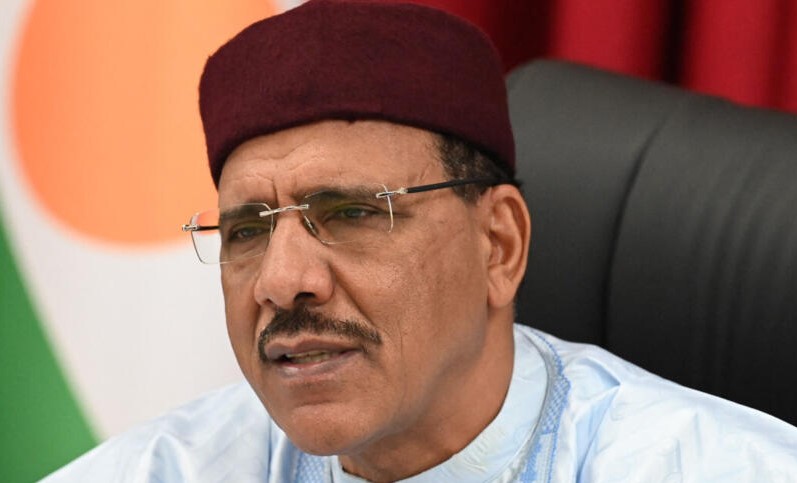The military regime in Niger on Sunday evening vowed to prosecute ousted president Mohamed Bazoum for ‘high treason’ and bashed West African leaders for imposing sanctions on the country.
This is after the Economic Community of West African States (ECOWAS) imposed sanctions on Niger in response to the coup and has not ruled out using force against the army officers who toppled the democratically elected Bazoum on July 26.
The West African bloc is dedicated to seeking a diplomatic solution but has approved the quick deployment of a "standby force to restore constitutional order" in Niger.
According to a statement on national television by Colonel-Major Amadou Abdramane, Niger's military authorities claimed they will prosecute Bazoum "for high treason and undermining the internal and external security of Niger."
Since the coup, Bazoum, 63, and his family have been kept at the president's official Niamey mansion, raising worldwide concerns about his incarceration conditions.
Did you read this?
"After this visit, the doctor raised no problems regarding the state of health of the deposed president and members of his family," the military stated.
They added that the sanctions placed on Niger were "illegal, inhumane, and humiliating" and had made it difficult for people to acquire food, medicine, and electricity.
These remarks were made only hours after religious mediators met with General Abdourahamane Tiani, the coup leader, who said his government was amenable to diplomatic progress.
Sheikh Bala Lau reported that Tiani "said their doors were open to explore diplomacy and peace in resolving the matter," a day after his Nigerian Muslims conducted talks in Niamey's capital.
But Tiani said it was "painful" that ECOWAS had issued an ultimatum to restore Bazoum without hearing "their side of the matter", the statement added.
The Muslim leaders visited Niamey with the blessing of Nigerian President Bola Tinubu, also head of ECOWAS.
Tinubu has adopted a firm stance against the coup, the sixth to hit an ECOWAS member state since 2020.
The bloc has severed financial transactions and electricity supplies and closed borders with landlocked Niger, blocking much-needed imports to one of the world's poorest countries.









